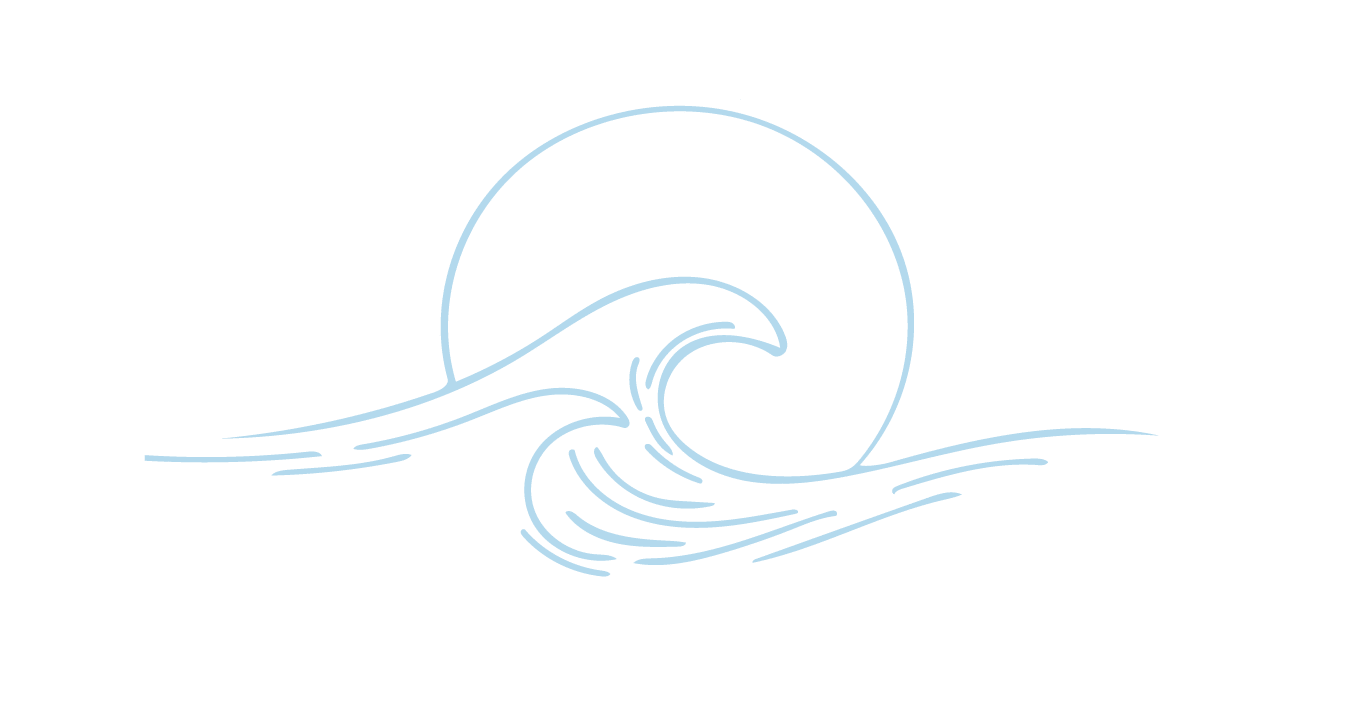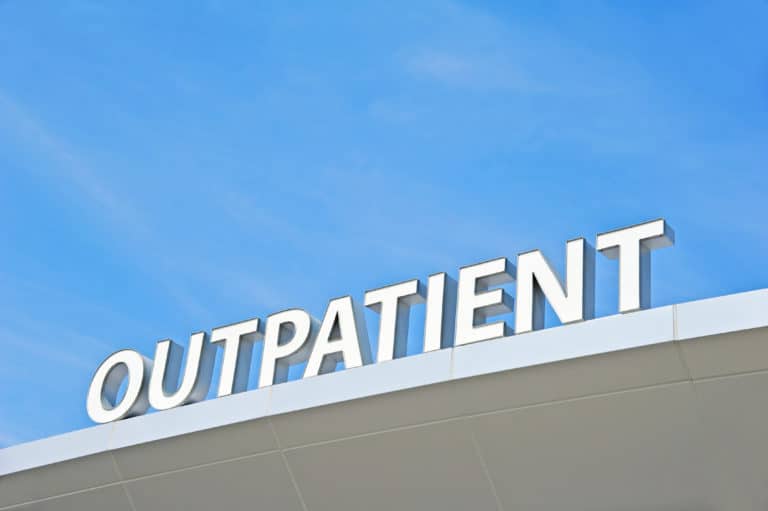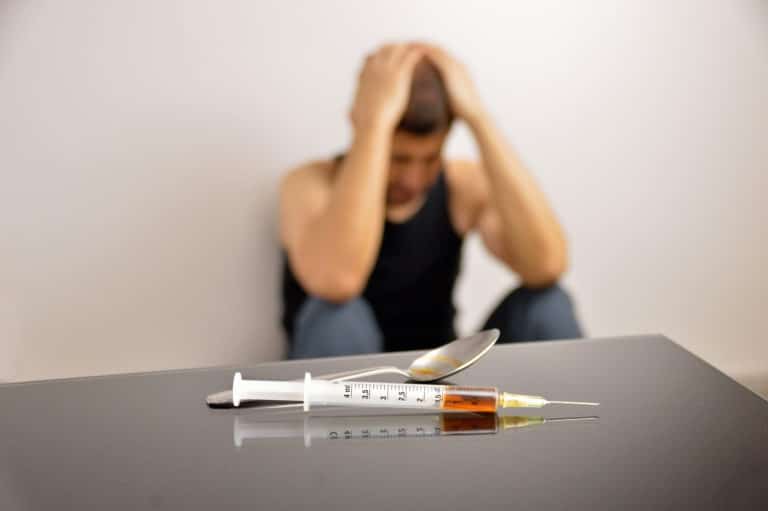If you or someone close to you has struggled with drug or alcohol addiction, one of the biggest challenges is getting help. But after completing a rehab treatment plan, the next most significant challenge is sustaining the lifestyle changes and sobriety you learned in rehab. This is where relapse aftercare comes into play.
What is Aftercare?
Aftercare refers to the type of ongoing care you get after leaving a facility. Once you finish your addiction recovery program, the treatment facility you use will help you design activities, resources, and tools as part of your aftercare plan to help you cope with easing back into your everyday activities, dealing with triggers, stresses, and cravings as they arise.
Why is Aftercare a Critical Step in Recovery?
Relapse prevention is the focal point around which relapse aftercare centers. Studies indicate that within three years of completing a relapse program, people who struggled with alcohol abuse were more likely to relapse if they did not have preventative interventions to reduce the likelihood of turning back to alcohol to help cope with daily stressors, environmental triggers, and cravings.
Without relapse prevention, individuals who complete recovery at a rehab facility are more likely to struggle with relapse within the first few years of that recovery. Recovery and sobriety are ongoing, lifelong battles, and without the right tools, individuals won’t be able to fight them successfully.
So why are relapse aftercare and relapse prevention such critical steps?
Aftercare Provides New Habits
Aftercare provides you with new habits so that you don’t immediately go back to your daily life and fall into the same routines, engaging in the same activities with the same people. Sustaining your sobriety means you need to have new habits for staying grounded, communicating effectively, and managing your stress. Suppose you don’t have the skills to use. In that case, it’s easy to slip into old patterns of behavior, but participating in recovery group meetings, checking in with counselors, and actively participating in activities with others who have successfully recovered will help you utilize and maintain the new habits you have learned until they become second nature.
Aftercare Helps You Adjust
The amount of support you receive from your friends and family might change. Where you live, what you do for work, and how you feel your free time might also change. A good relapse prevention program can help you deal with things like getting a job or maintaining a job, dealing with financial stress, and attending group counseling sessions where your struggles can be voiced in a judgment-free fashion. Other group members can remind you of the different stress management techniques you have been taught or introduce you to new coping mechanisms they have learned so that you are less likely to relapse. Similarly, a good aftercare plan helps you adjust as you transition back into your everyday life.
Aftercare Keeps You Accountable
Aftercare helps keep you accountable. Many people who leave a rehab facility successfully were constantly held accountable by staff members, counselors, and other individuals but went back into their everyday lives. You don’t have people making sure that you use your coping mechanisms or make good choices. But when you have someone like a sponsor or case manager, you can let your mentors know when you’re struggling, when things are hard, and they can help you by holding you accountable and giving you actionable support.
Aftercare Gives You Social Support
Recovering from addiction can be complicated and very lonely. When you leave a treatment facility, your friends and family might not understand what you’ve gone through or the struggles you will have. This type of isolation can increase your risk of relapse, but successfully attending things like local recovery meetings or 12 step programs can give you social support and a sense of community. Aftercare gives you access to social support that you might not have in your everyday life. You can spend time with people who can keep you motivated, want to remain sober with you, and inspire you to participate in sober activities and continually make positive changes.
How to Find Aftercare Programs Near Me
If you are ready to maintain your recovery, you must find good aftercare programs that can help you cultivate a healthier, sober lifestyle. Asking for help is a sign of your strength and your wisdom. Finding good aftercare programs in your area means turning to a reputable source. At Ocean Coast, our team of professionals can help you once you’ve completed your inpatient or outpatient programs. We can help you locate relapse prevention programs, find a sponsor, participate in alumni programs, attend therapy, check in with a counselor, attend NA or AA meetings, and find resources to help you with things like education and getting a job. We are here to design comprehensive aftercare that’s individualized to your needs, based on where you live.
Reach out to us today for help with your addiction and relapse prevention.





